Hunter Biden is deeply connected to father Joe Biden’s inner circle as whistleblowers drop bombshell
Hunter Biden, who is accused by Republicans of selling access to his father, has long-standing relationships with almost a dozen current and former members of the White House and Biden administration, including the secretary of state and the president’s national security adviser.
In the meantime, Hunter is anticipated to make his first court appearance on July 26 for two alleged misdemeanor tax violations and a felony weapons accusation. A Fox News Digital investigation reveals the scope of Hunter’s possible influence in the White House.
Hunter struck a plea agreement in the case, which is expected to keep him out of jail, according to a statement made by the Justice Department last month. Republicans are pressing the U.S. Attorney for the District of Delaware, David Weiss, to investigate allegations of illegal retaliation against whistleblowers who claimed the inquiry was “influenced by politics” and that Weiss was “hamstrung” in his prosecutorial choices.
Five top Biden White House aides, two members of Biden’s Cabinet, one former member of the Cabinet, a top campaign aide to Biden who is currently on leave from her position as Jill Biden’s communications director, a top aide to Defense Secretary Lloyd Austin.
Jake Sullivan
Hunter Biden and President Biden’s national security adviser, Jake Sullivan, served together on the board of the Truman National Security Project, a liberal foreign policy think tank, for roughly two years before Sullivan joined the president’s campaign in 2020.
Antony Blinken
Secretary of State Antony Blinken held a meeting with Hunter Biden at the State Department in July 2015 when he was serving as the deputy secretary of state in the Obama-Biden administration and Hunter was on Burisma’s board, according to emails previously reviewed and verified by Fox News Digital.
Evan Ryan
Evan Ryan, Blinken’s wife who is currently serving as White House cabinet secretary, communicated frequently with Hunter and his longtime business partner, Eric Schwerin, when she was working at the White House during the Obama-Biden administration.
Jeff Zients
White House chief of staff Jeff Zients, who led the federal COVID-19 pandemic response between early 2021 and April 2022, met Hunter multiple times in 2016, according to emails and White House visitor logs.
Kathy Chung
Kathy Chung, who is currently serving as the Pentagon’s deputy director of protocol, communicated frequently with Hunter when she was serving as Biden’s executive assistant during the Obama administration.
Ron Klain
Biden’s former White House chief of staff, Ron Klain, who stepped down in February, previously served as the chief of staff for Vice President Biden until the end of January 2011. In September 2012, Klain reached out to Hunter for help in raising $20,000 for the Vice President’s Residence Foundation (VPRF), telling him to “keep this low low key” to prevent “bad PR,” according to emails Fox News Digital previously reported on.
Elizabeth Alexander
Elizabeth Alexander, the communications director for first lady Jill Biden who went on temporary leave in May to help lead the messaging arm of Biden’s re-election campaign, also has ties to Hunter.
Annie Tomasini
Annie Tomasini, an assistant to the president and the current director of Oval Office operations, was in frequent communication with Hunter, referred to him as her “brother” and often ended her emails with “LY” for “love you,” according to emails dating from 2010 to 2016.
Michael Donilon
Michael Donilon, a current senior adviser to Biden who served as his chief campaign strategist in 2020, was on dozens of emails with Hunter and other members of Biden’s inner circle coordinating strategy meetings throughout the 2012 campaign, mulling over a 2016 presidential bid, and later plotting Biden’s endeavors post-vice presidency.
Steve Ricchetti
Steve Ricchetti, who currently serves as Biden’s White House counselor, was also on dozens of emails with Hunter dealing with strategy meetings and helping Biden with post-VP life.
Louisa Terrell
Louisa Terrell, who is serving as assistant to the president and the director of the Office of Legislative Affairs, communicated with Hunter dozens of times during the Obama-Biden administration, with some of the correspondence including Schwerin on the emails.
SOURCE: FOX NEWS
https://www.foxnews.com/politics/obama-era-emails-reveal-hunters-extensive-ties-dozen-senior-level-biden-admin-aides


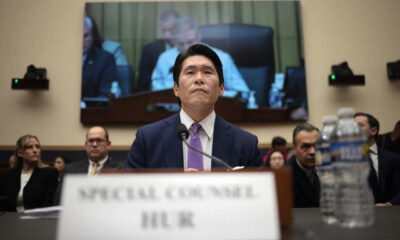

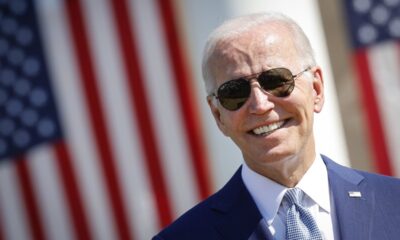

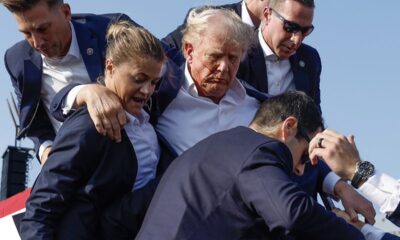



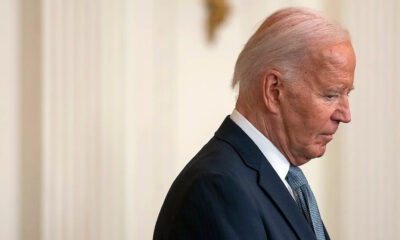



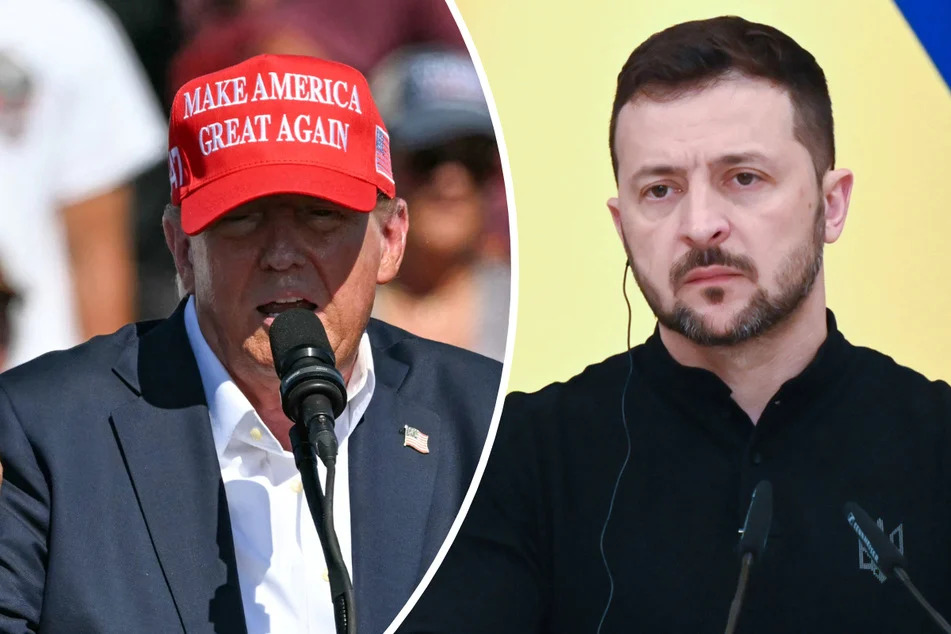
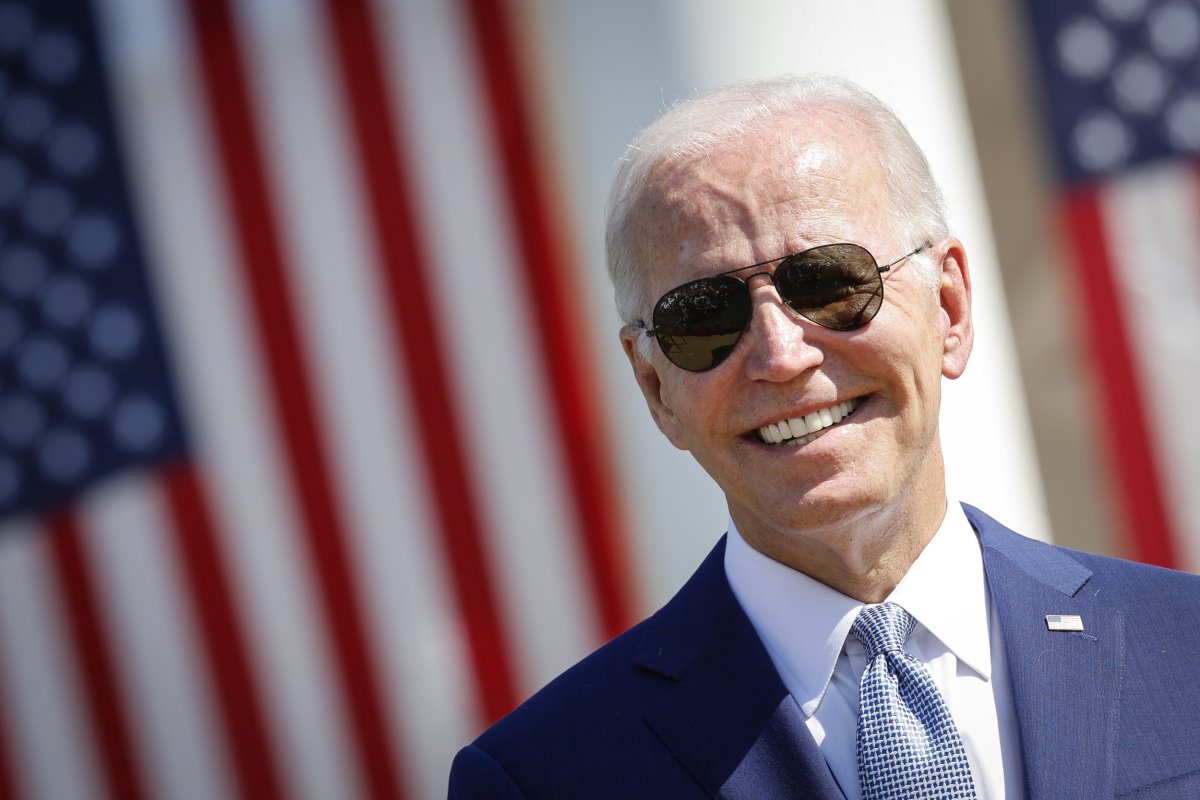
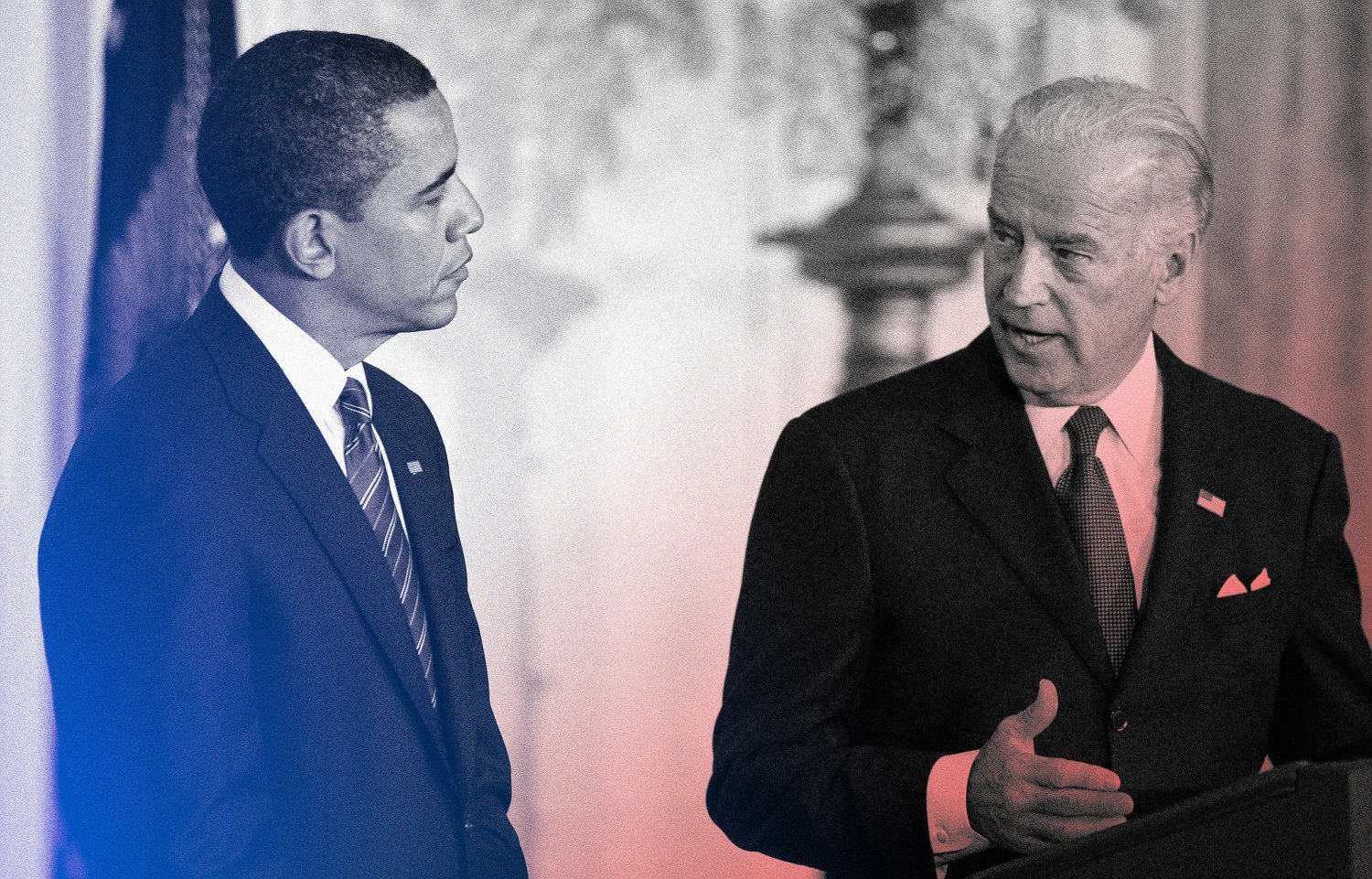








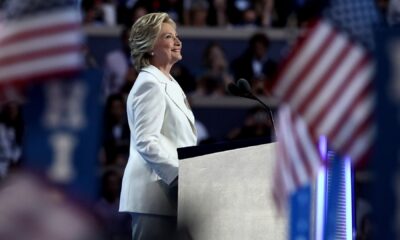

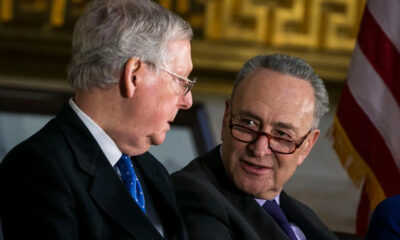



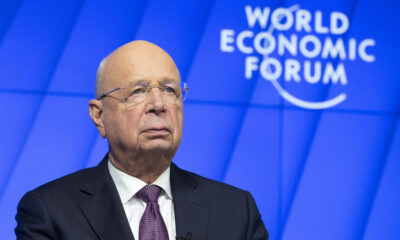



You must be logged in to post a comment Login